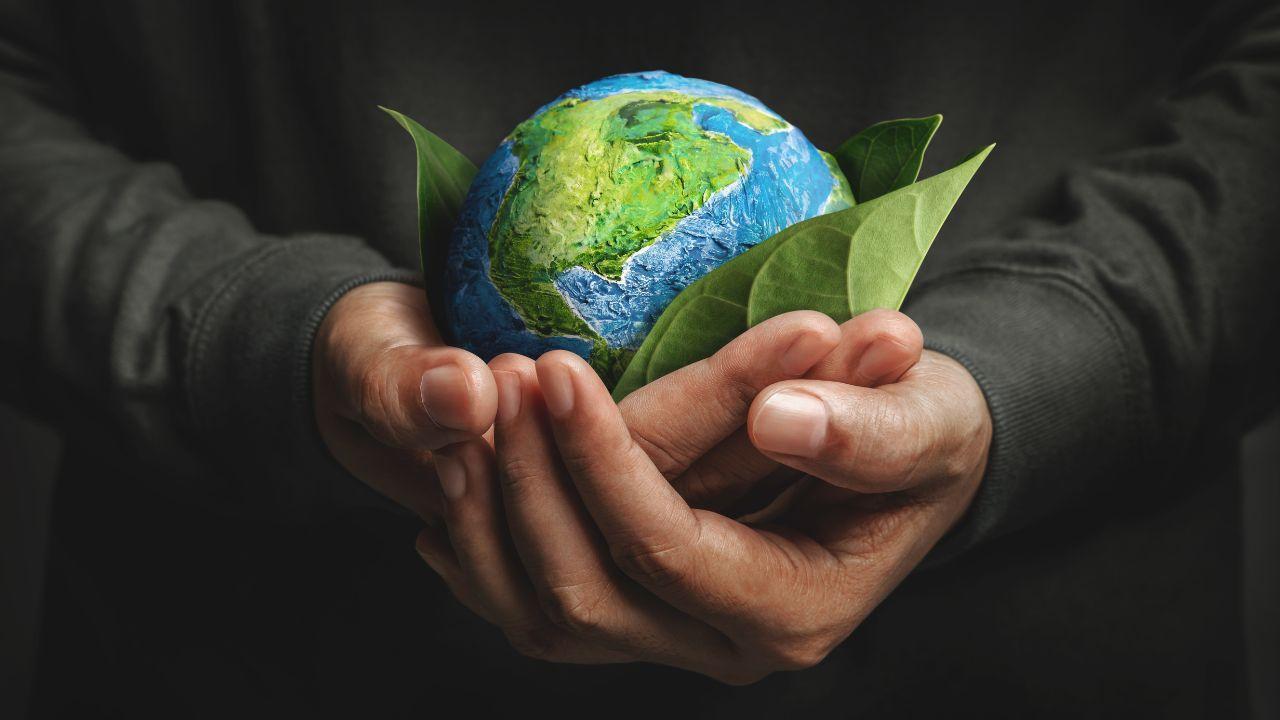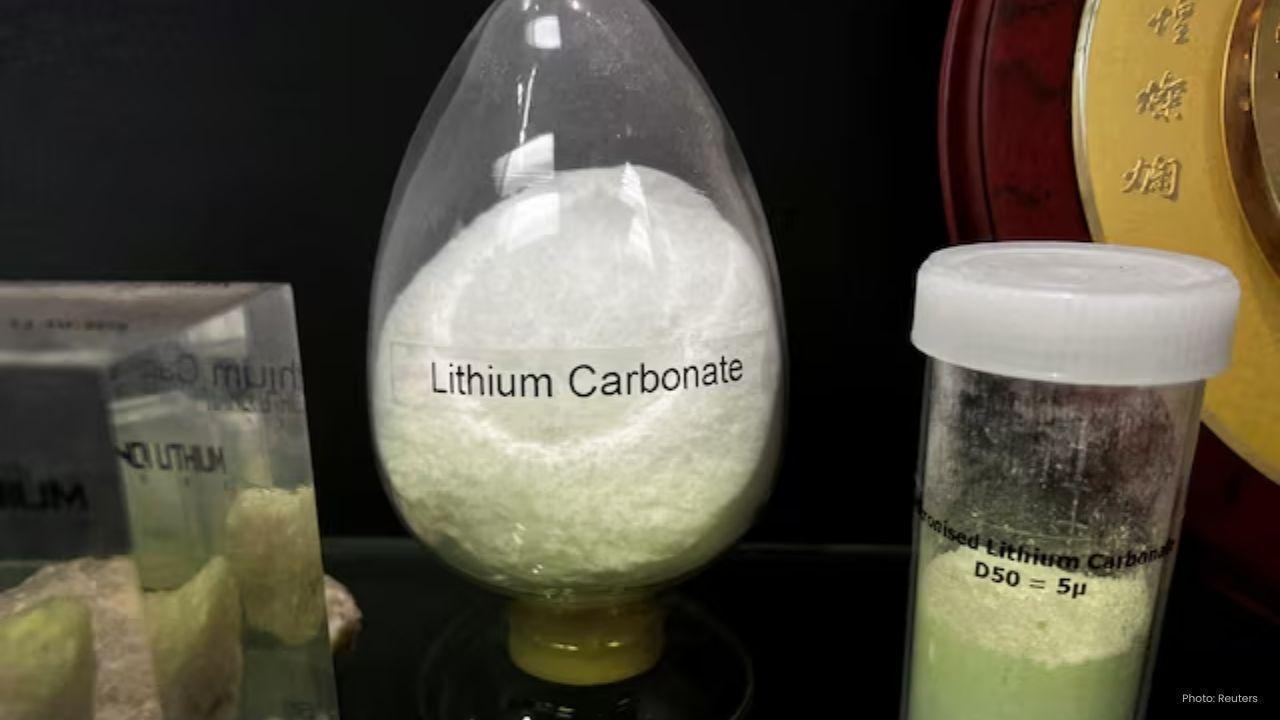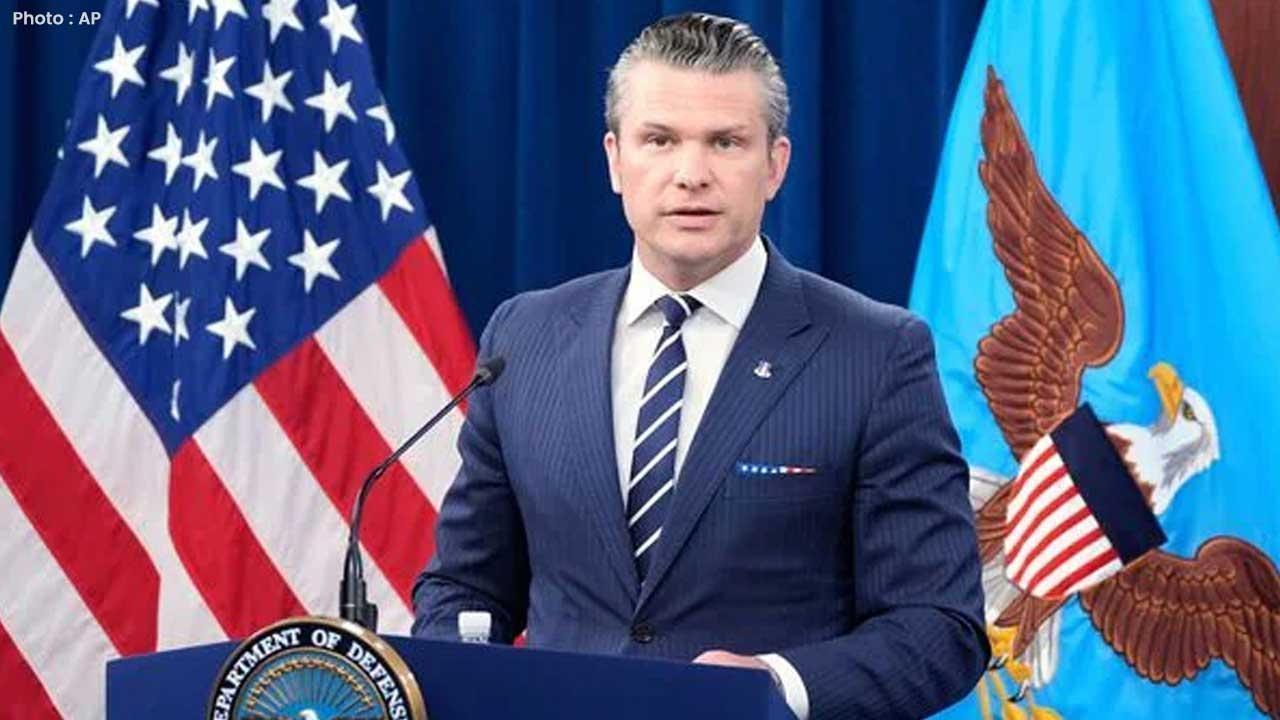
Post by : Vansh
The world is witnessing unprecedented environmental upheavals. From devastating wildfires to rising sea levels, the signs of climate change are no longer just scientific forecasts—they are unfolding right before our eyes. Scientists have long warned us about reaching a tipping point, a critical threshold beyond which the Earth’s climate may spiral into irreversible damage. The pressing question now is: Are we too late to save the Earth from climate change?
The answer isn’t simple. While the damage is significant and ongoing, there is still a sliver of hope—if urgent action is taken. But the clock is ticking.
The concept of a climate tipping point refers to a threshold in the Earth’s systems that, once crossed, leads to drastic and possibly irreversible changes. Examples include the melting of Arctic sea ice, the collapse of the Greenland ice sheet, and the dieback of the Amazon rainforest. These events trigger feedback loops that can accelerate warming, making global efforts to control climate change much harder.
Once such changes begin, they could become self-sustaining, pushing the planet into a new, far less hospitable equilibrium. We are already seeing early signs of these shifts, which makes this decade crucial for climate action.
Recent scientific studies have painted a sobering picture. The Intergovernmental Panel on Climate Change (IPCC) has warned that the Earth is on course to exceed the critical 1.5°C warming limit within the next decade if emissions are not drastically reduced. Arctic ice is melting faster than ever. Coral reefs are dying, forests are burning, and extreme weather events have become the norm.
Moreover, the Earth’s carbon sinks—forests, oceans, and soil—are becoming less effective at absorbing CO₂, which means more greenhouse gases are lingering in the atmosphere. These changes suggest that climate change may be nearing a point of no return.
The consequences of unchecked climate change are not distant threats; they are happening now. Food and water security are being compromised as droughts and floods disrupt agriculture. Health risks are increasing due to heatwaves and the spread of diseases. Economic damages from natural disasters are skyrocketing.
Marginalized communities and developing nations are bearing the brunt, despite contributing the least to global emissions. Rising sea levels threaten to displace millions, potentially creating the world’s first “climate refugees.”
Ignoring these signals could mean surrendering our future to climate instability, global inequality, and resource conflicts.
The phrase “too late” is a dangerous mindset. While some damage is irreversible—such as species extinction or lost glaciers—it is not too late to prevent the worst outcomes. Every fraction of a degree matters. Keeping global warming under 2°C can significantly reduce the risks of catastrophic impacts.
Innovations in green technology, policy shifts, and youth-led climate movements are giving rise to hope. Renewable energy is becoming more affordable, electric vehicles are gaining popularity, and sustainable agriculture is on the rise. With the right policies, incentives, and global cooperation, we can still reverse course.
To delay or avoid the tipping point, the following must happen at a global scale:
Rapid Decarbonization: Phasing out fossil fuels and transitioning to renewable energy like solar, wind, and hydro is essential.
Reforestation and Land Restoration: Forests act as carbon sinks. Restoring ecosystems can pull CO₂ from the air.
Carbon Pricing and Climate Policy: Governments must enforce strict regulations, tax emissions, and support sustainable practices.
Innovation and Technology: Investment in carbon capture, sustainable infrastructure, and eco-friendly transportation is key.
Global Unity: Countries must cooperate beyond borders. Climate change doesn’t respect national boundaries.
These efforts must be inclusive, equitable, and science-driven. Everyone—governments, corporations, communities, and individuals—has a role to play.
The information presented in this article is intended for general awareness and educational purposes only. It does not constitute professional environmental, scientific, or policy advice. Readers are encouraged to consult verified sources and experts for deeper insights. The views expressed do not necessarily reflect those of any government or organization. This article is published by MiddleEastBulletin in good faith to support public dialogue around global climate challenges.










Pageau's Overtime Goal Propels Islanders to 4-3 Victory Over Golden Knights
In a thrilling overtime finish, Jean-Gabriel Pageau leads the Islanders past the Golden Knights 4-3,

MLB Awards: deGrom and Acuna Jr. Shine as Comeback Players
Jacob deGrom and Ronald Acuna Jr. celebrated MLB Comeback Player Awards, alongside Ohtani and Judge

Portugal Confronts Ireland in Pivotal World Cup Qualifier
Portugal, led by Cristiano Ronaldo, faces Ireland in a vital Group F World Cup qualifier that could

Haaland's Brilliance Leads Norway to 4-1 Victory Against Estonia
Erling Haaland showcases leadership as Norway crushes Estonia 4-1, boosting their World Cup ambition

Hawks Triumph Over Jazz; Suns and Raptors Secure Victories
Hawks' Onyeka Okongwu and Jalen Johnson lead in a thrilling win against Jazz; Suns and Raptors also

Indian Men's Recurve Team Clinches First Asian Gold in Nearly Two Decades
The Indian men's recurve team triumphed over South Korea, securing their first Asian gold in 18 year